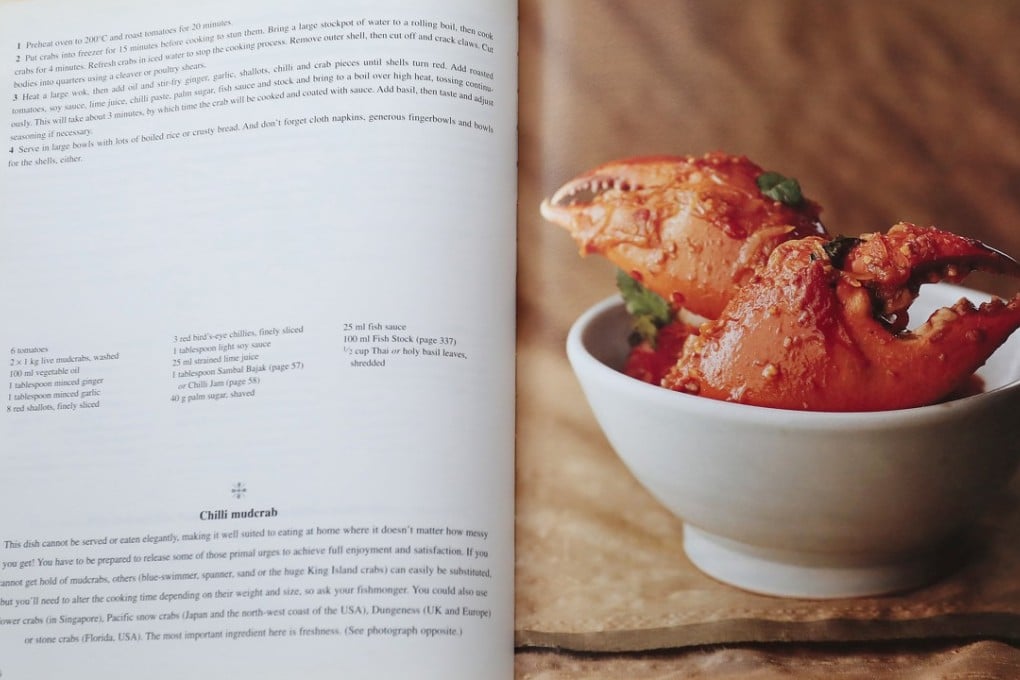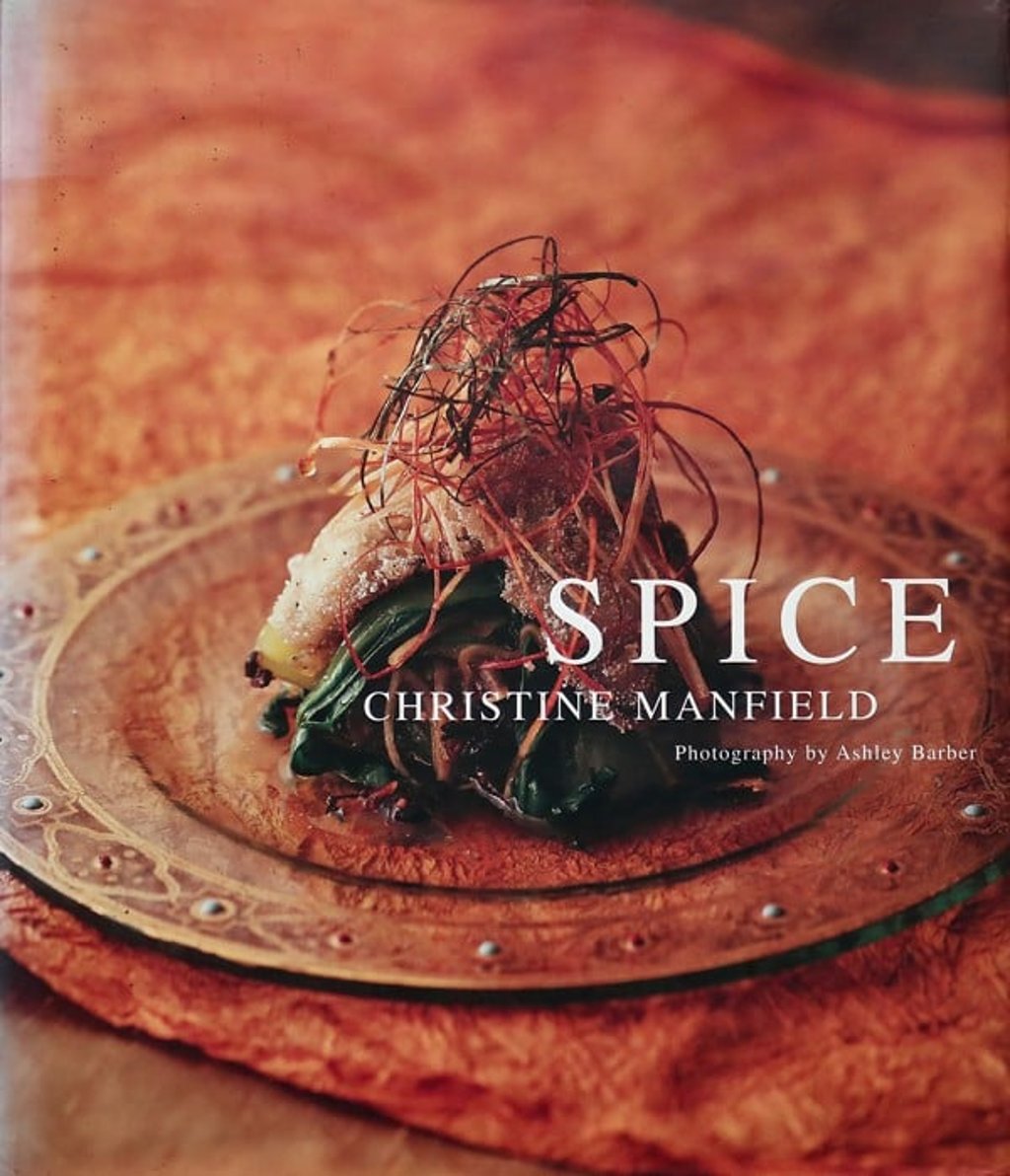How wars were once fought over spices - cookbook looks at history and modern uses of all things aromatic
Australian chef and author Christine Manfield’s book explains the role played by spices - in trade, cooking and health

Nowadays, we tend to take spices for granted but, in the past, wars have been fought and countries have been colonised because of the spice trade.
In Spice (1999), Australian chef and author Christine Manfield tells us about the role spices have played in world history – and not just in the kitchen.

“They have played an important role in health, adding healing properties to medicines, and they have been used to give scent to perfumes. A study of Ayurvedic practices in India gives an understanding of how spices can work for the well-being of the body. Such beliefs and practices are becoming widely accepted in Western society’s search for a healthy diet and sense of wellness.”
But, she admits, the use of spices was slow to catch on in Australia.
“Until recent times, Australian cooking in general has had very little to do with spice. In the formative years of white settlement in this country, diet and eating habits were entirely inappropriate to resources, climate and lifestyle.”